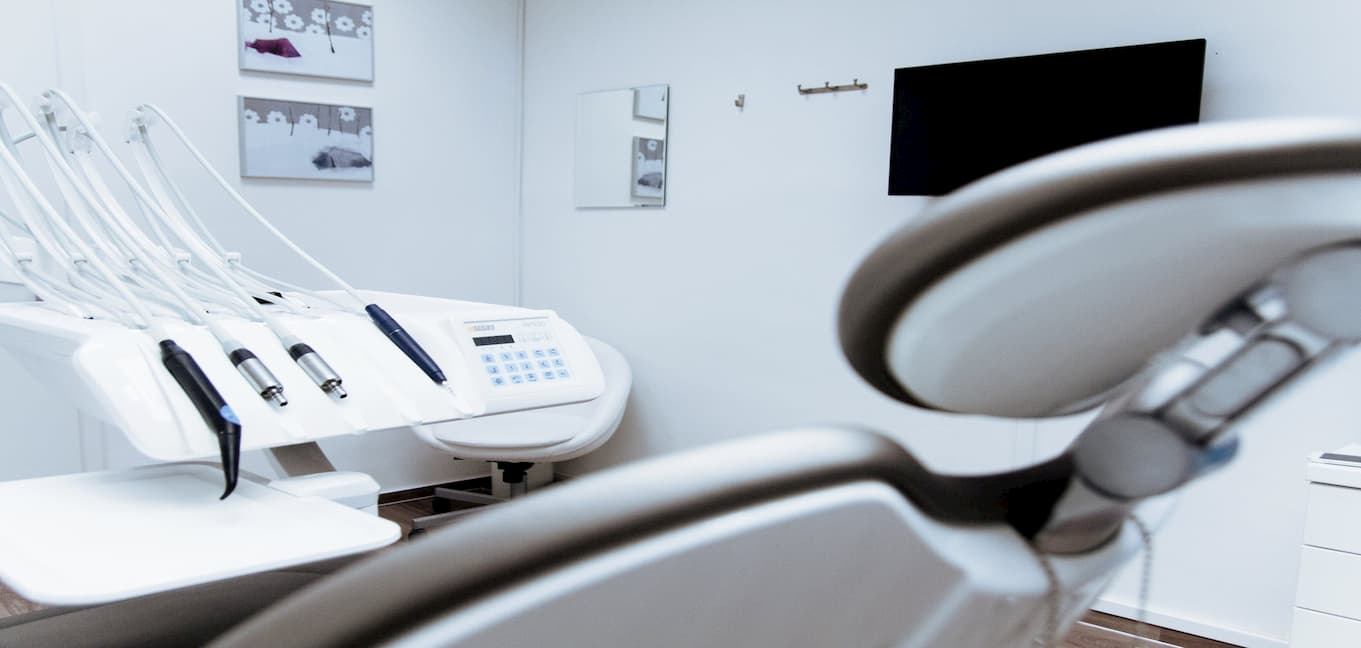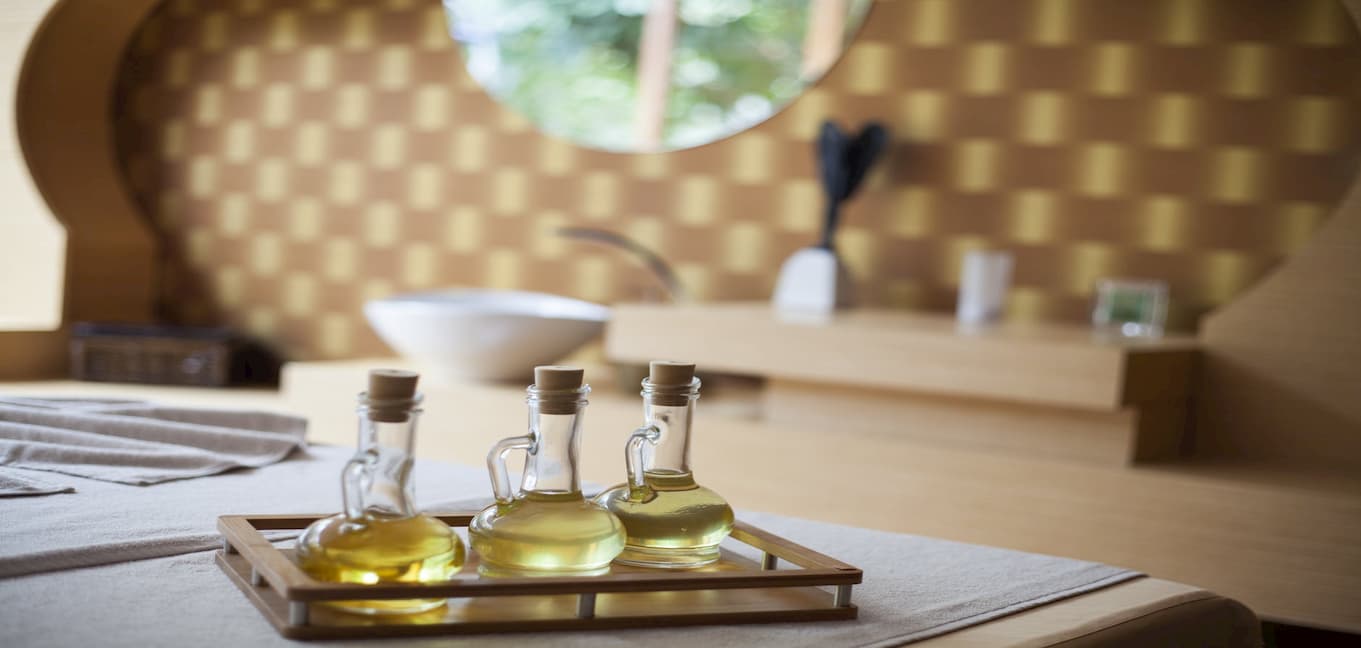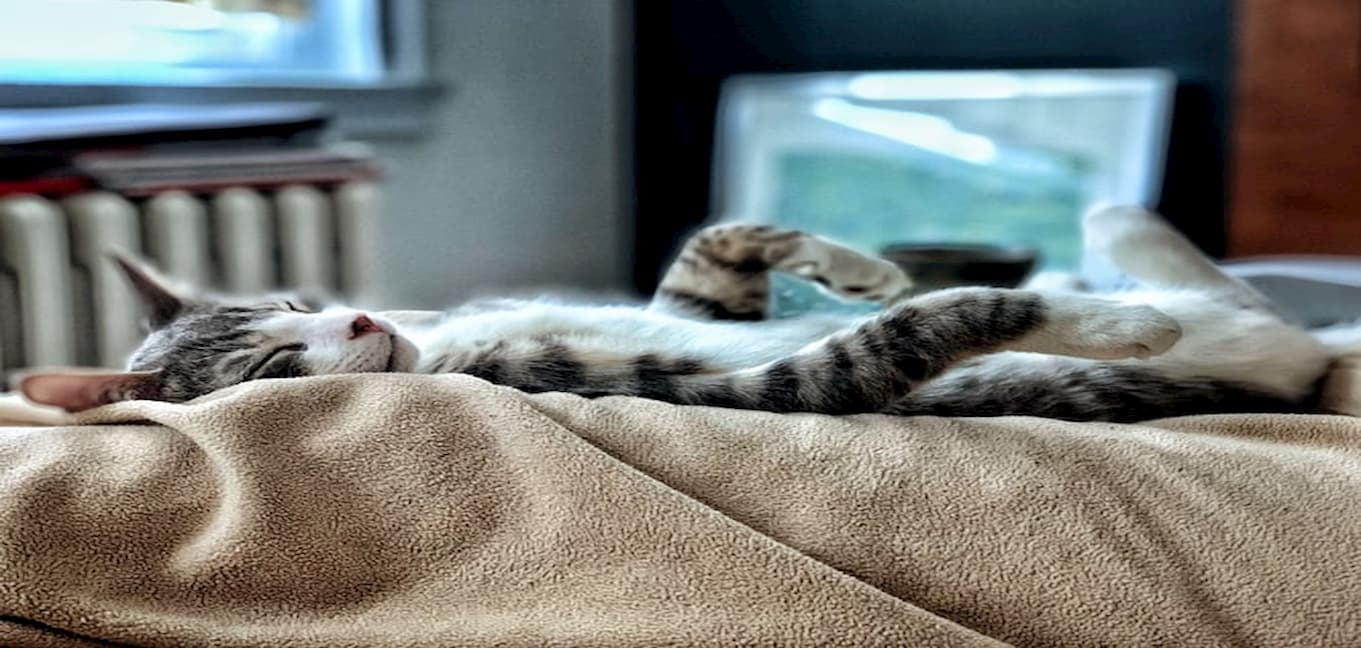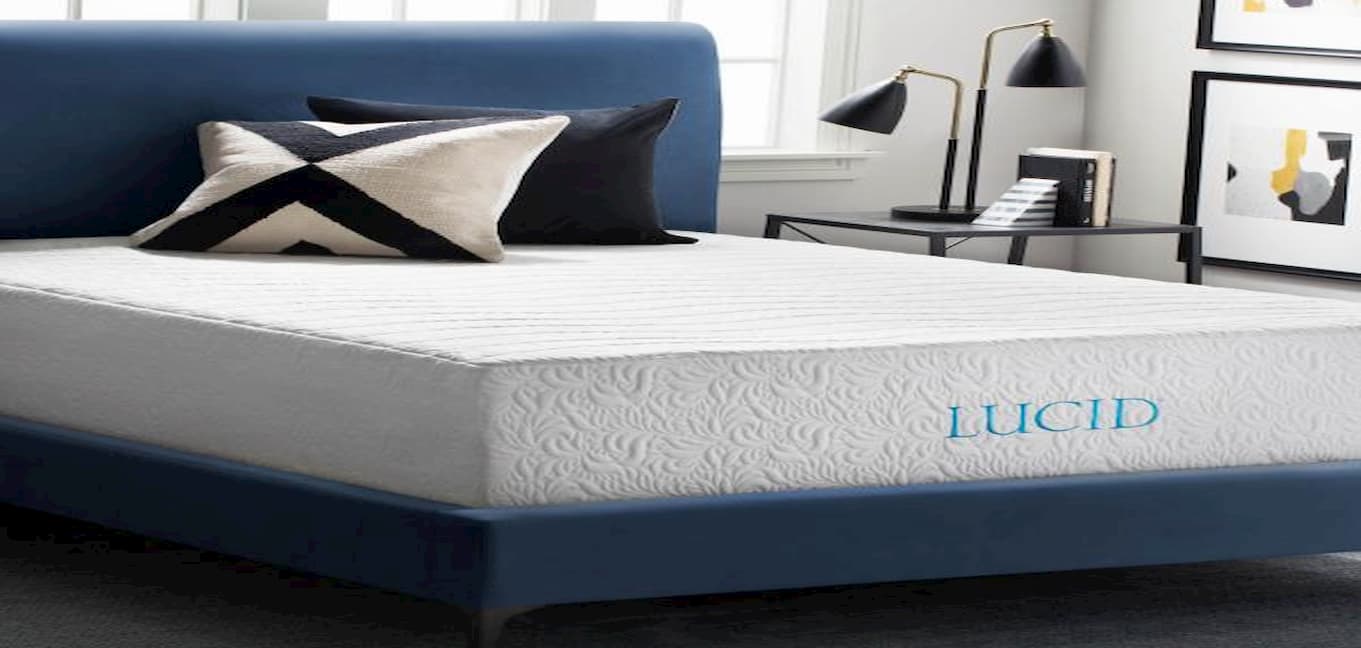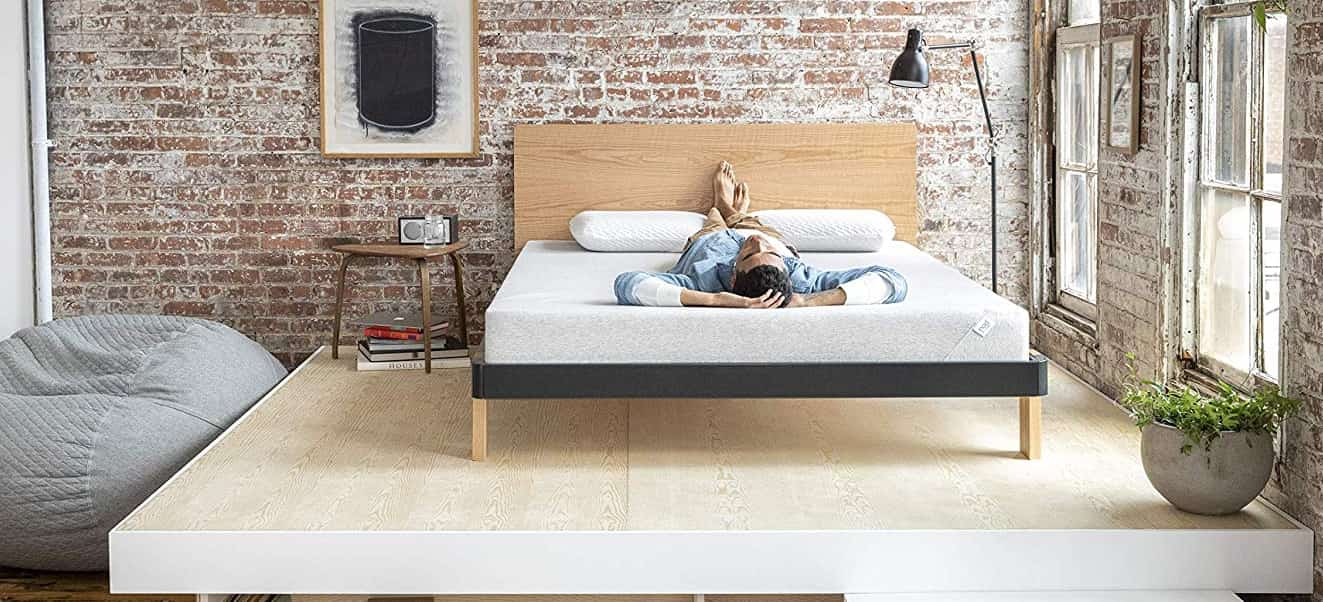What is a mouth guard used for?
Mouth guards are coverings worn over teeth, and often used to protect teeth from injury from teeth grinding and during sports.
There are three types of mouth guards:
Stock mouth protectors are preformed and come ready to wear. They are inexpensive and can be bought at most sporting good stores and department stores. However, little can be done to adjust their fit, they are bulky, make breathing and talking difficult, and they provide little or no protection. Dentists do not recommend their use.
Boil and bite mouth protectors also can be bought at many sporting goods stores and may offer a better fit than stock mouth protectors. The “boil and bite” mouth guard is made from thermoplastic material. It is placed in hot water to soften, then placed in the mouth and shaped around the teeth using finger and tongue pressure.
Custom-fitted mouth protectors are individually designed and made in a dental office or a professional laboratory based on your dentist’s instructions. First, your dentist will make an impression of your teeth and a mouth guard is then molded over the model using a special material. Due to the use of the special material and because of the extra time and work involved, this custom-made mouth guard is more expensive than the other types, but it provides the most comfort and protection.
How often should you clean your night guard?
Bruxism night guard Every morning when you remove the night guard, at the very least, rinse it in water and shake it dry before placing it back in the case to air dry during the day.
In the beginning, most people tend to take proper care of their mouth guards and do a good job of cleaning and storing them every day. Over time, some of us become more casual and less diligent on a daily basis. It’s not so much that we get lazy, but rather we are busy with morning routines – time is tight and schedules are busy.
It’s best to adhere to the following care and cleaning guidelines every day as often as possible. If you skip a day or two, it’s okay. Try to get back on track as soon as possible. This enhances proper oral hygiene for your teeth and grind guard.
How much do mouth guards cost?
Buying a mouth guard from your dentist may cost as much as $500. However, ordering one online can reduce the cost without any loss of quality. Depending upon the severity of your bruxism and your specific mouth guard needs, a custom mouth guard can cost $159-$199 when purchased online, and it will last anywhere from six months to 5 years.
Using your thumbs, push the mouth guard up and back against your molars. Bite down firmly to get the impression of your teeth on the bottom of the mouthguard and suck the guard against your top teeth. Place your tongue against the roof of the mouth to create pressure and achieve a tight fit around your teeth.
Will mouthguard helps tmj(Temporomandibular joint )?
A dental night guard used to treat TMJ disorder is usually a hard, acrylic appliance that will realign your jaw while you sleep, taking the tension off of the joint. It is important that you order a custom-fitted night guard through your dentist, as a regular mouth guard will not keep your jaw in place as you sleep.
Dental night guards are custom-fitted. Custom-fitted night guards are the best option because they will help to treat your TMJ disorder without affecting your breathing while you sleep. Acrylic night guards are usually thin and are molded to either the top or bottom row of teeth. When your dentist fits your teeth for a night guard, it will usually take several tries. Your dentist will assess where your mouth is biting down too much or in the wrong place. The acrylic night guard will align your jaw correctly, and relieve pain while you sleep.
Will a mouth guard stop jaw clenching?
Bruxism, the clenching or grinding of teeth, is an involuntary action that often occurs at night but may also happen in the daytime. It’s a fairly common condition and affects an estimated 8-16% of adults . Frequently, people who suffer from bruxism are not aware of the fact they’re grinding and clenching their teeth.
A dental night guard used to treat bruxism covers either the upper or lower teeth. It acts as a protective barrier between the upper and lower teeth. Bruxism night guards can be made from different materials and range from inexpensive over-the-counter options to custom fitted night guards that offer maximum comfort and protection. If you suffer from bruxism, using a night guard can prevent you from waking up with pain and headaches, as well as protect your teeth against long term damage.
Will a mouthguard help with sleep apnea?
Sleep apnea is a condition that occurs when you stop breathing while you’re sleeping. Your breathing generally resumes on its own after a few seconds or a few minutes.
you don’t have to wear a mouth guard to treat sleep apnea, but it is helpful. According to the National Heart, Lung and Blood Institute, a division of the National Institutes of Health, a mouth guard may aid with mild cases of sleep apnea. It is often effective for correcting loud snoring as well. You know, the type that keeps your partner up all night? The mouthpiece adjusts the position of your tongue and the lower portion of your jaw in order to keep airways open during the time when you’re sleeping. This means you’ll have more continuous airflow entering your mouth.

